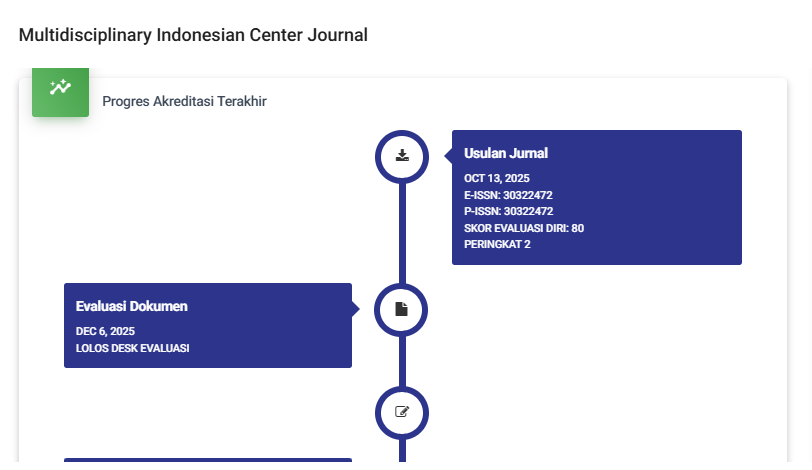INFLUENCE OF GENDER ON ETHICAL DECISION MAKING IN THE LEGAL PROFESSION: A CASE STUDY IN INDONESIA
DOI:
https://doi.org/10.62567/micjo.v2i2.504Keywords:
Patriarki, Kesetaraan Gender, ), Decision-Making, Financial Management, Legal PractitionersAbstract
The study examines the influence of gender on moral judgment in the legal profession in Indonesia. In this study, gender gaps in the ethical decision-making process and the factors that influence them are identified through a qualitative approach and a survey of relevant literature. The findings of the study indicate that, despite significant barriers related to gender stereotypes, women in the legal field usually prioritize ethical principles when making decisions. To create more impartial and fair justice, this study disseminates information about the importance of gender equality in the legal system. Additionally, this study found that while there were no pronounced gender differences, women tended to be more vulnerable to the impact of emotions and social norms on moral judgment. This implies that even while gender has no direct bearing on moral judgments, social and emotional background must still be taken into account. With a focus on the necessity of a more inclusive and sensitive approach to the social elements that influence decision-making, these findings offer significant insights for the establishment of ethical rules and training in the Indonesian legal profession.
Downloads
References
Faculty of Law, University of Indonesia. 2021. Academic Guide of the Faculty of Law. Jakarta: UI Press.
Gusmansyah. 2019. Dynamics of Gender Equality in Political Life in Indonesia. Hawa Journal, 1(1), 1–10. https://doi.org/10.29300/hawapsga.
Hidayat, Ridwan (ed). 2018. Gender Equality in the Legal Profession. Yogyakarta: Pustaka Pelajar.
Iwan Kartiwan. 2018. Gender Stereotypes and Gender Justice Towards Women as Parties in Divorce Cases, https://badilag.mahkamahagung.go.id/artikel/publikasi/artikel/stereotip-gender-dan-keadilan-gender-terhadap-perempuan-sebagai-bagian-dalam-kasus-perceraian-oleh-a-choiri-15-1.
National Commission on Violence Against Women (Komnas Perempuan). 2021. Annual Report on Gender Equality in Indonesia. Jakarta: National Commission on Violence Against Women.
Judicial Commission. Annual Report of the Judicial Commission 2021. Jakarta: Judicial Commission.
Judicial Commission. Annual Report 2021. Jakarta: Judicial Commission.
Nasution, Ahmad (ed). 2019. Law and Professional Ethics. Jakarta: Raja Grafindo Persada.
Oakley, Ann. 1972. Sex, Gender, and Society. New York: Harper and Row.
PERADI. 2021. Mentoring Program for Women in the Legal Field. Jakarta: PERADI
Priyadi, D. 2018. Ethical Decision Theory in the Legal Profession. Jakarta: Law Publisher,
Risman, Barbara J. 1998. Gender Vertigo: American Families in Transition. London: Yale University Press.
Sutrisno, E. 2015. Indonesian Advocates' Code of Ethics. Jakarta:Pustaka Hukum
Sutyanto. 2020 The Influence of Gender in the Legal Profession in Indonesia. Yogyakarta: Universitas Gadjah Mada Press.
Yulianti, Dian. 2020. Public Advocacy for Gender Equality. Journal of Social and Politics, Vol. 8, No. 2.
Zainuddin, Hasan. 2020. Gender and Legal Education. Malang: UIN Malang Press.
Downloads
Published
How to Cite
Issue
Section
License
Copyright (c) 2025 Putri Ananda, Andri Nurwandri, Herly utama, Siti Aniza

This work is licensed under a Creative Commons Attribution-ShareAlike 4.0 International License.



























